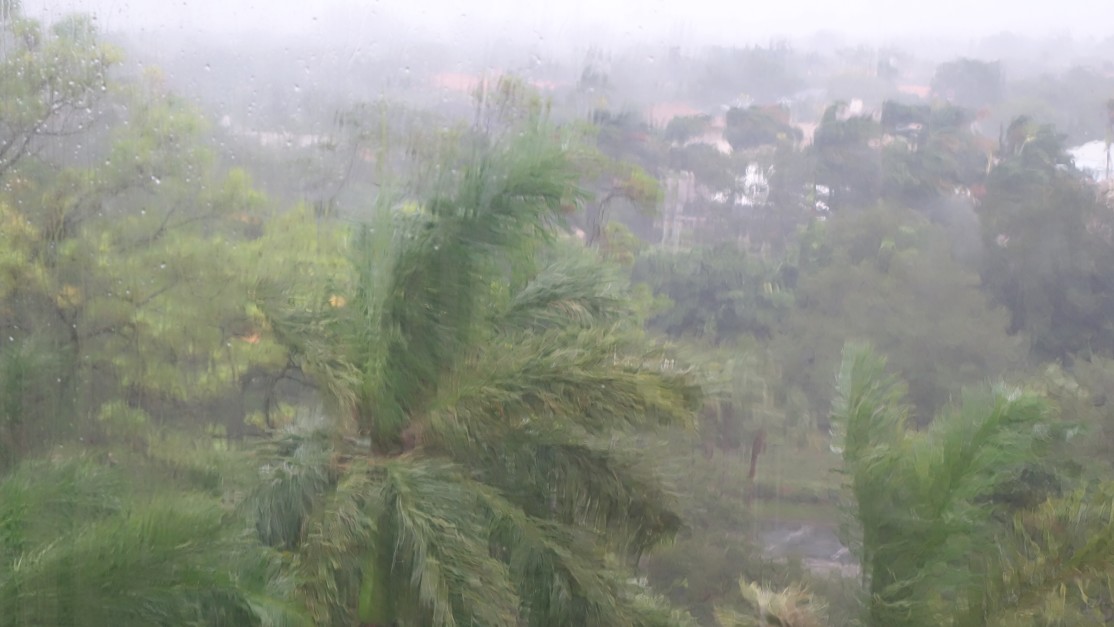The 2020 Atlantic Hurricane Season continues unabated as the historic 30th named storm, Iota, targets Nicaragua and Honduras, only two weeks after Eta slammed the same region. In the latest update from the National Hurricane Center, Iota is 235 miles east-southeast of Cabo Gracias a Dios packing 105 MPH winds as a Category II storm. Forecasters expect Iota to pass over Isla de Providencia, Columbia overnight.
Forecast models predict that Iota will make landfall on Monday night in Nicaragua as a Category IV storm with 140 MPH winds. Hurricane Warnings extended from Isla de Providencia, most of the Caribbean coastline of Nicaragua and Honduras. Models indicate Iota will drift across Central America before dissipating over El Salvador by the middle of the week.
Many of the forecast models for 2020 have been conservative. When Eta struck Nicaragua, it was forecasted to arrive as a Category III storm. Instead, it roared ashore with 150 MPH winds as a strong Category IV storm. Two weeks ago, over 150 fatalities were reported from Mexico to Belize from flooding and mudslides. The Nicaraguan coastline residents are still waiting for aid from the Ortega-led government with their lives and homes shattered.
The 2020 Atlantic Hurricane season has been unprecedented, producing 30 named storms so far, with 12 systems making landfall on the United States. Iota is not expected to be a threat to the United States or be a rare “cross-over” storm that reforms with tropical characteristics when it reaches the Pacific.
